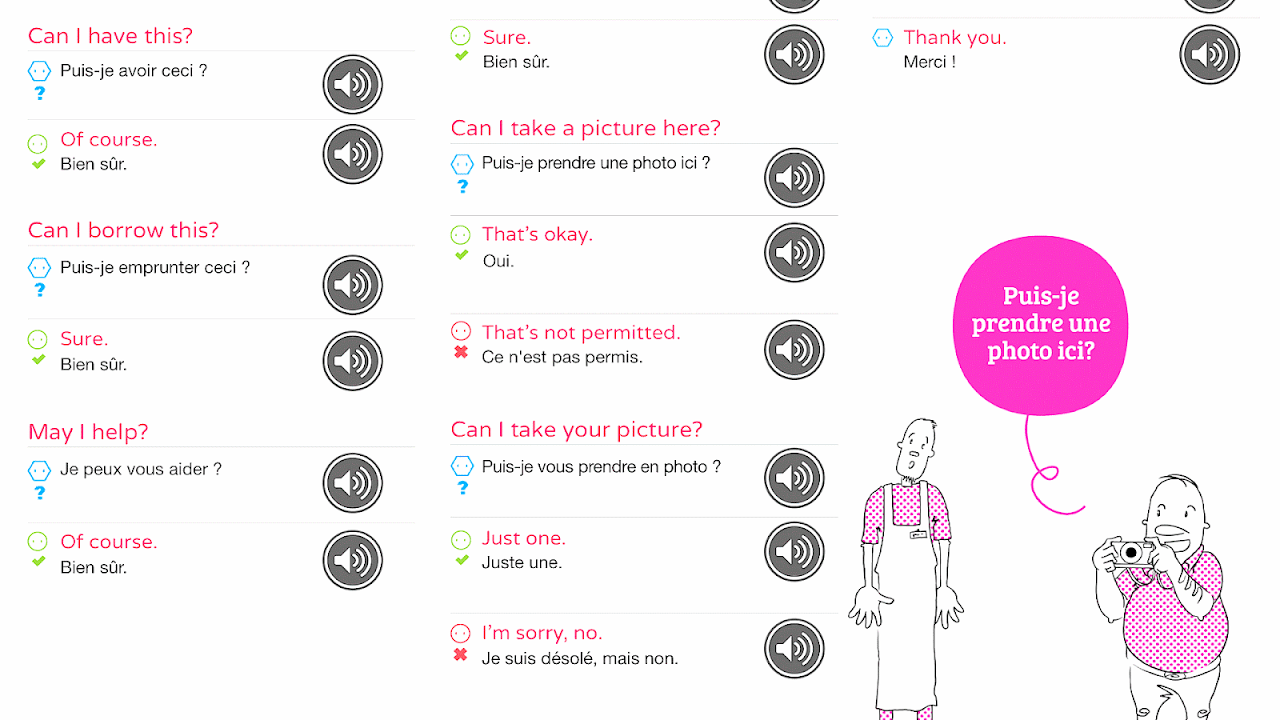
"Pardon my French" or "Excuse my French" is a common English language phrase ostensibly disguising profanity as words from the French language. The phrase is uttered in an attempt to excuse the user of profanity, swearing, or curses in the presence of those offended by it, under the pretense of the words being part of a foreign language. Although the phrase is often used without any explicit or implicit intention of insulting the French people or language, it can nevertheless be perceived as offensive and belittling by Francophone speakers.

Maps, Directions, and Place Reviews
Usage
At least one source suggests that the phrase "derives from a literal usage of the exclamation. In the 19th century, when English people used French expressions in conversation they often apologized for it - presumably because many of their listeners (then as now) wouldn't be familiar with the language". The definition cites an example from The Lady's Magazine, 1830:
Bless me, how fat you are grown! - absolutely as round as a ball: - you will soon be as embonpoint+ (excuse my French) as your poor dear father, the major.
The phrase has been used in broadcast television and family films where less offensive words are preceded by "pardon my French" to intensify their effect without violating censorship or rating guidelines. A good example is in the movie Ferris Bueller's Day Off. Cameron calls Mr. Rooney and says, "Pardon my French, but you're an asshole". In another segment, Bueller says, "Pardon my French, but Cameron is so tight that if you were to shove a lump of coal up his ass, in two weeks you'd have a diamond".
Conversational French Phrases Video
Related expressions
Incidentally, several expressions are used by both the English and the French to describe the same culturally unacceptable habit, but attributing the habit to the other people:
- "to take a French leave" (to depart a party or other gathering without taking polite leave of one's host) is referenced in French as filer à l'anglaise (lit. "flee English-style").
- "French letter" (now somewhat archaic; referring to a condom) is rendered in French as capote anglaise ("English hood" or "English cap").
- During the 16th century in England, genital herpes was called the "French disease" and "French-sick" was a term for syphilis, while at the same time, it was called le Mal de Naples (the Napoli disease), hence attributing the belief that syphilis came from the south, into France, and then into England.
Source of the article : Wikipedia


EmoticonEmoticon